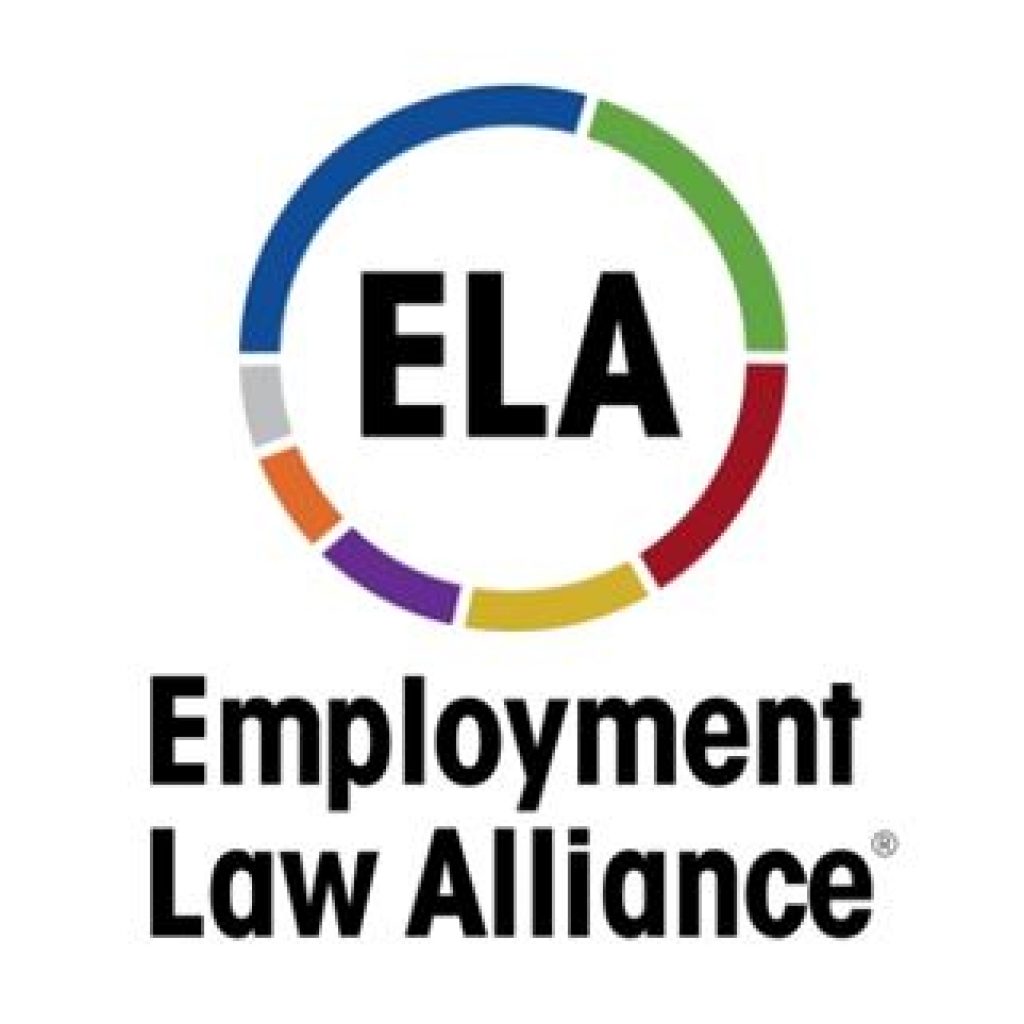October 2019 E-Update
Click here to view entire E-Update as a PDF
RECENT DEVELOPMENTS
DOL Proposes New Regulations Regarding Tipped Employees
One of the more complicated wage and hour issues we often advise on involves the tip credit that employers may take for the amount of time an employee engages in a tipped occupation. Recently, the U.S. Department of Labor issued a Notice of Proposed Rulemaking in order to implement changes to the tip credit provisions of the Fair Labor Standards Act. For more, click here.
NLRB Provides Clarity on Confidentiality and Social Media Contact Rules
In LA Specialty Produce Co., the National Labor Relations Board (the Board) applied its Boeing framework to an employer’s Confidentiality and Social Media Contact rules, finding both to be lawful. For more, click here.
Title VII Limitations Period May Not Be Shortened By Contract
Addressing the issue for the first time, the U.S. Court of Appeals for the Sixth Circuit held that employers cannot by contract shorten the statutory limitations period (i.e. the time period within which a claim must be brought) under Title VII. For more, click here.
Employer May Need to Consider More Than Employee’s Requested Accommodation
A recent case highlights both that employers may not simply refer employees to the employee handbook in response to a request for accommodation and that they may need to consider accommodations beyond simply the one requested by a disabled employee. For more, click here.
Written Disclaimers Are Essential to Avoiding Tort Claims of Promised Employment
In Bisig v. Time Warner Cable, Inc., the U.S. Court of Appeals for the Sixth Circuit emphasized the importance of written disclaimers in avoiding tort claims based on alleged promises of continued employment and better pay. For more, click here.
Initial Categorization Determines Whether Employees Were Temporarily Laid Off or Fired Under WARN
In Leeper v. Hamilton County Coal, LLC, the U.S. Court of Appeals for the Seventh Circuit held that, under the Worker Adjustment and Retraining Notification Act, whether the cessation of employment is permanent or temporary should depend on the initial categorization, and not a “hindsight-based” approach. For more, click here.
“Regular, in-person attendance constitutes an essential function of most jobs.”
So says the U.S. Court of Appeals for the Sixth Circuit, in ruling that an auditor who was unable to perform that essential function was not qualified for her job under the Americans with Disabilities Act. For more, click here.
Employee’s Pay Complaints to Passive Coworkers May Be Protected Concerted Activity
Among the latest batch of Advice Memoranda from the National Labor Relations Board, the Office of General Counsel (OGC) offers further guidance to employers, both unionized and non-union on the issue of when discussions about pay are protected by the National Labor Relations Act. Advice Memoranda contain the recommendations of the OGC to the Board on specific issues. For more, click here.
Arbitration Agreements May Not Restrict Access to Board Processes
The National Labor Relations Board recently struck down two arbitration provisions that the Board concluded restricted employee access to the agency. For more, click here.
No First Amendment Right in Secondary Picketing
The U.S. Court of Appeals for the Ninth Circuit rejected a union’s constitutional challenge to the National Labor Relations Board’s ruling that it had engaged in unlawful secondary picketing. For more, click here.
Board Offers Guidance on Joint Employer Status
In Seven Seas Union Square, the Board applied the possibly (likely?) soon-to-be-overruled decision in Browning-Ferris, and held that a cooperative that exercised control over scope of individual stores’ initial workforce was a joint employer with the individual stores. For more, click here.
NLRB Mandates E-Filing for ULPs and Representation Cases
The Office of General Counsel of the National Labor Relations Board issued a Memorandum, GC-20-01, requiring the e-filing of all affidavits, correspondence, position statements, documentary or other evidence in connection with unfair labor practice or representation cases. For more, click here.
OFCCP Update– Technical Assistance Guide for Educational Institutions and Proposed Changes to Disability Form
The Office of Federal Contract Compliance Programs released two documents of interest to government contractors this month. For more, click here.
Many employers choose to outsource aspects of human resources administration, such as payroll or leave tracking, to professional employer organizations (PEO) or third party administrators (TPA). Employers assume that, once it is out of their hands, they can simply forget about it. For more, click here.







